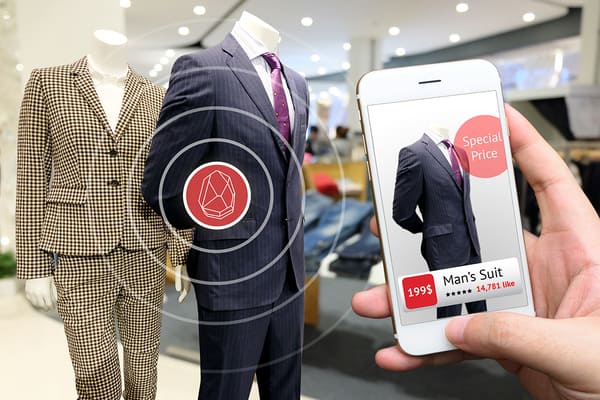With non-essential retail reopenned, retail staff are facing a digital training gap, with store associates reporting a lack of digital training formats and infrequent learning opportunities.
So warns a report from digital workplace innovator, YOOBIC, which spoke to 1,000 frontline workers in its ‘Frontline Employee Workplace Survey 2021’, revealing that almost half (47%) of retail staff wanted training to be delivered digitally, while almost three quarters (74%) said they would welcome mobile training, as it would enable them to find time to fit training in to their routine if it was delivered on their own device.
However, currently, just 14% receive training via a mobile or app, demonstrating a growing digital training gap experienced by retail frontline workers.
This digital training gap not only risks leaving retail staff underprepared to excel in their current roles, but also limits their ability to adapt as their roles evolve. Retail has already seen a seismic shift in the need for staff to undertake new tasks and activities due to the boom in demand for ecommerce prompted by the pandemic.
With the World Economic Forum anticipating that by 2022 54% of all employees will require significant upskilling, a training gap could hamper the ability retail staff to upskill and deliver the new services customers now demand.
And, if left unchecked in the long-term, the digital training gap could lead to unnurtured talent moving away from the industry, as YOOBIC’s CEO and Founder, Fabrice Haiat, warns: “Tomorrow’s retail leaders are the frontline workforce of today, so it’s imperative that retailers tackle the digital training gap, so that retail staff are not only empowered to deliver value that creates rewarding shopping experiences that keep customers coming back, but also that talent is nurtured to create rewarding, long-term careers.”
As well as a lack in digital training formats, retail frontline workers reported that training was infrequent.
Two fifths (41%) of retail staff said they wanted training to be continuous, with small modules or miniature training sessions delivered on an ongoing basis, in the flow of work, to improve their performance, while 24% wanted to access training on demand, allowing them to continually keep abreast of changes to policy, procedures and compliance.
However, currently most retail workers (28%) only received training once a quarter or once a month (24%), demonstrating that the ‘one and done’ approach to retail training still persists.
“Engaging, motivating and retaining talent is an ongoing challenge that will only be truly resolved when businesses invest in the employee experience,” Fabrice Haiat continues. “By investing in a programme of continuous improvement and learning, delivered on the digital platforms and devices staff now demand, retailers can build for their future through an empowered frontline.”









